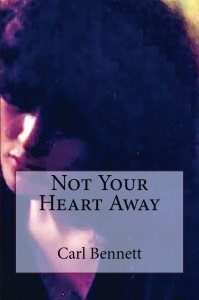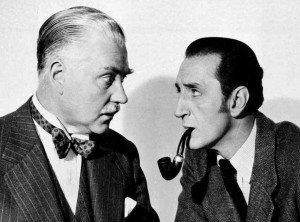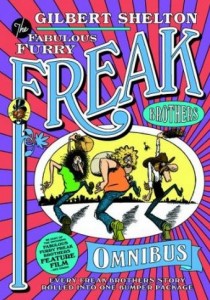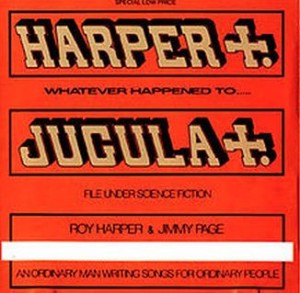This is the review from the person whose voice I stole for Liz’s character:
Now that I have worked out the title of Not Your  Heart Away is taken from the wonderous A E Housman, I like this even more, except for the first bit which didn’t float my boat any more than it did Mr Bennett’s. And the end bit, which could do with tweaking. But the rest of it is really rather far out (as I am sure that Ben and Liz would have said in late 1970s, although probably not the posher Claire).
Heart Away is taken from the wonderous A E Housman, I like this even more, except for the first bit which didn’t float my boat any more than it did Mr Bennett’s. And the end bit, which could do with tweaking. But the rest of it is really rather far out (as I am sure that Ben and Liz would have said in late 1970s, although probably not the posher Claire).
In so far as the writing is concerned, the style is journalistic and leaning towards being impressively taut; there’s a sort of “dashed off” Fitzgerald / Capote / Hemingway thing going on which makes you want to keep on reading notwithstanding your aggravation with one or two of the characters and the rather mesmeric plotlessness; all so resonant of late teenage years. As other reviewers have said, reading this book took you back to 1978, when so many 18 year olds lived lives dramatically different from their parents; when sixth formers had dreams and vagueish plans rather than A*s, focus and resumes, when you were allowed to drink illegally in pubs on the basis that the landlord kicked you out if you couldn’t at least pretend to be grownup.
Mesmeric Plotlessness
And what an insight into the mind of a boy / man – able to care about the rather uninspiring girlfriend who provided sex and wanted an engagement ring, whilst lusting after various others just because they were there and all the time being romantically obsessed with the vacuous posh totty. Which brings me to another Fitzgerald similarity – the way in which Claire drifts around carelessly in the manner of Daisy in Great Gatsby, oblivious to harm she causes; not least to the narrator by taking his heart away.
Loved the Salisbury Plain bits – anyone who was brought up in Wiltshire will confirm the night driving and Cradle Hill watching are truly evocative. And Peter was a beautifully drawn cameo role. Liz was absolutely fabulous and what a shame Ben didn’t listen to her sound advice – but what boys ever do listen to their good girl friends when dreamy posh girls are drifting by?
This book has a definite filmic quality – get the script written, Mr Bennett! And for the next book follow Ben on his adventures wherein a 1970s teenage boy becomes a man ………………..I just hope he keeps his fancies free from entanglements with vague, dim posh girlies, although somehow I rather suspect not.








